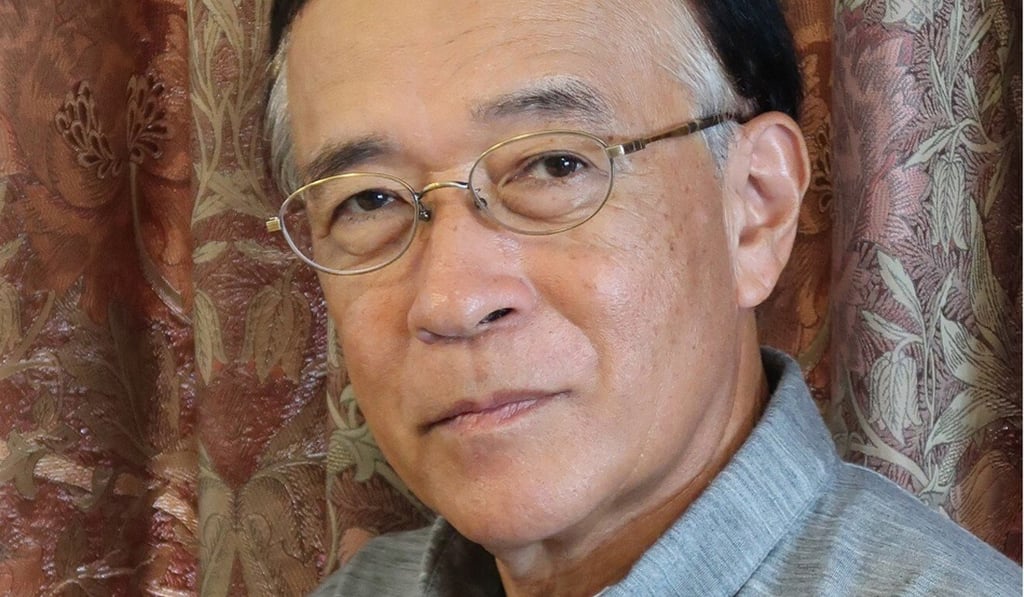Advertisement
Brutality and hardships of Japanese internment camp brought to life in British national’s diary
- Sydengham Duer was among 1,200 foreign nationals held in Japanese internment camps during World War II
- His diaries detail the hunger that he and his fellow inmates suffered, their anger and confusion, and, in some cases, their deaths
Reading Time:5 minutes
Why you can trust SCMP

When Sydengham Duer left his family’s house in Yokohama, Japan, for university on the morning of December 8, 1941, he had no idea it would be the last time he would see his home for nearly four years.
Advertisement
Before the day was out, Duer – better known as Syd – and his businessman father, William, had been arrested by Japanese police because they were registered as British nationals, and the Japanese attack on the US fleet at Pearl Harbour and advances against British forces in Malaya had made them enemy aliens and, potentially, spies.
In contrast to the experiences of ethnic Japanese arrested and placed in internment camps in the United States in the days immediately after the war broke out, very little is known about the experiences of foreign nationals who were rounded up in Japan. Government records indicate there were initially 34 detention centres around the country, holding male civilians from enemy nations aged between 18 and 45.
The dragnet was later extended, with women and the elderly also being interned. In total, about 1,200 people are believed to have been held, with the authorities claiming that it was to prevent espionage and for the detainees’ own protection. It is estimated that at least 50 people died in the camps, but records of the day-to-day lives of those behind the wire are scarce.

Advertisement
Fortunately, Duer kept a diary in four volumes that covers the final year of his time in detention, detailing the hunger that he and his fellow inmates suffered, his anger at the guards stealing their rations and the biting cold of the mountain town where they were held.
He also writes, with some bitterness, of the avoidable deaths of some of his fellow inmates, for whom he had to dig graves and help in their burials.

Advertisement